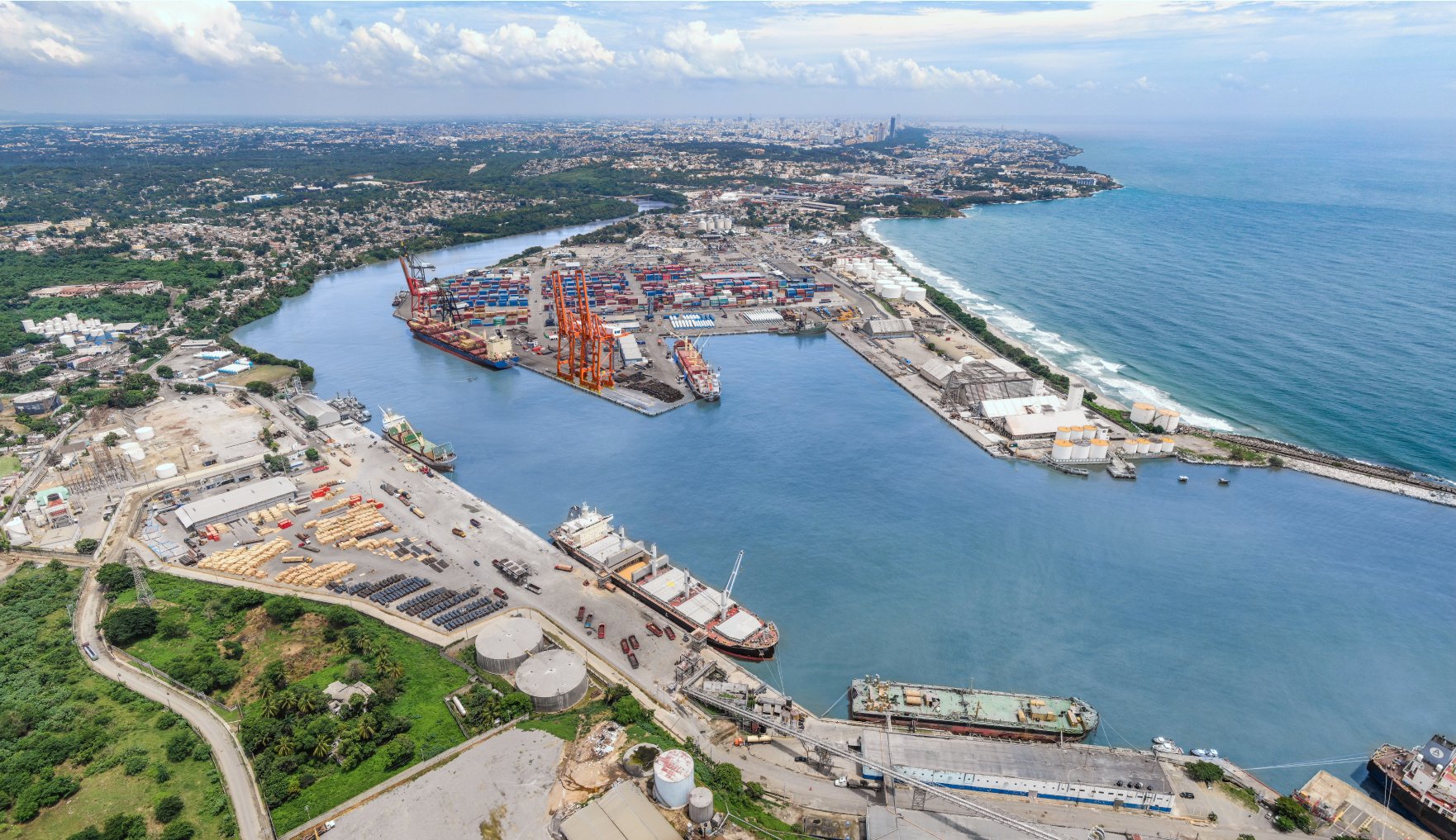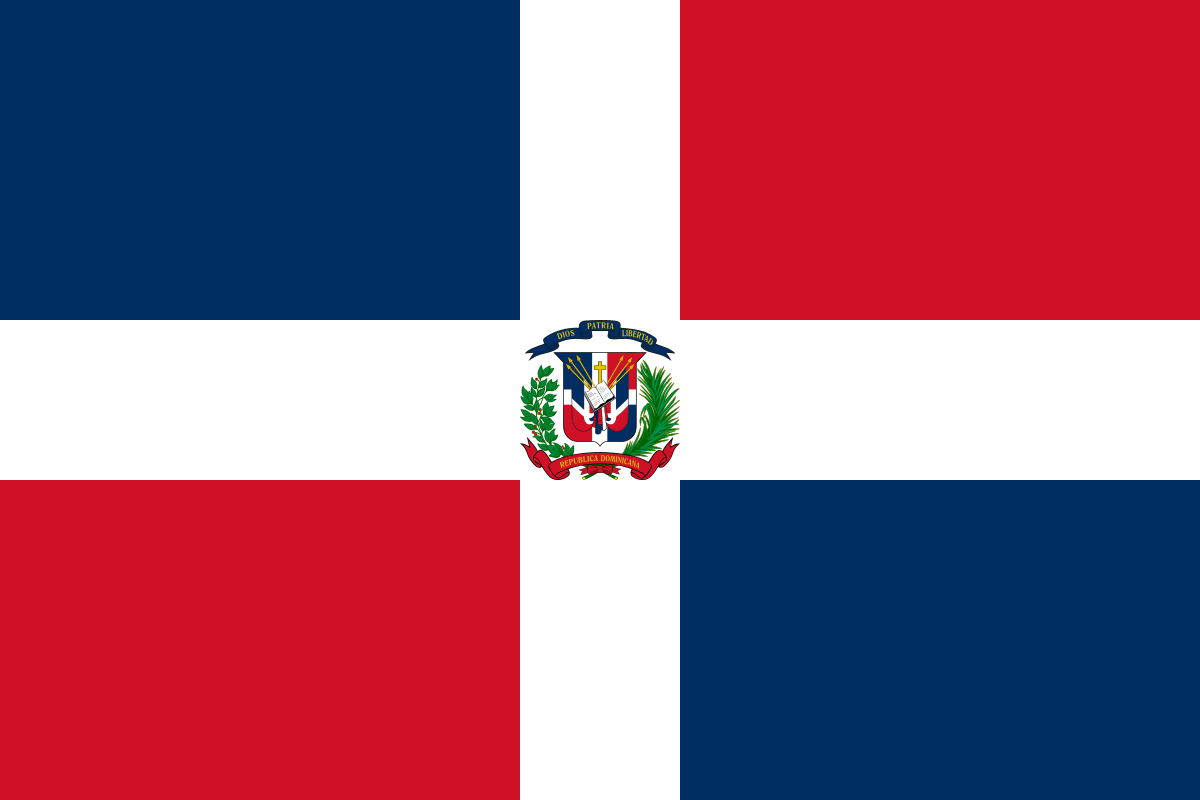
Dominican Republic - 38.24
124
One island, two stories
While it scored well below the Caribbean average, things could have been significantly worse for the Dominican Republic. On the short list of five Caribbean nations home to over one million people, the Dominican Republic scored right in the middle. While it was outscored by Jamaica, a country with similar administration and problems, it nearly quintupled the score of island-mate Haiti. While definitively in the middle of its development, the Dominican Republic looks like Norway when compared to the depravity just half an island away. While the Dominican Republic’s accomplishments when compared to Haiti cannot be ignored, neither can the nation’s problems. The country struggles immensely with violent crime, especially in major cities. The country is racked with waterborne diseases, especially cholera. However, possibly the greatest obstacle to development in the Dominican Republic is corruption. Corruption affects all levels of government in the Dominican Republic, with officials at the highest levels of government accepting bribes. Additionally, the country has struggled with liquidity and has resorted to purchasing Venezuelan oil with beans. The country’s human rights situation also leaves something to be desired, as trans people and prostitutes are often killed with impunity. The country’s COVID lockdown measures were mismanaged and over 85,000 people were detained. The future of the Dominican Republic remains somewhat uncertain, as continuous mismanagement holds this promising nation back.
Human Rights - 31
The Dominican Republic has fully abolished the death penalty. Police detained over 85,000 people for violating COVID lockdowns, often beating people during detention. Inmates were not socially distanced during detention, fostering the spread of COVID-19. Trans people and prostitutes are regularly killed with impunity in the Dominican Republic, which simply does not investigate killings of trans people and prostitutes. The Dominican Republic does not guarantee citizenship to those born in the country, as Dominicanos born to foreign parents must still apply for citizenship, effectively creating a stateless person. Journalists face threats, both legal and physical, for investigating organized crime. The government regularly turns a blind eye to informal sweatshops and the country’s minimum wage often goes unenforced as many workers are employed unofficially. Violent crime is rampant in major cities across the country. Homosexuality is legal but no other rights or protections are guaranteed and same-sex marriage is constitutionally banned. Abortion is absolutely illegal.
Democracy - 55
The president is directly elected. The most recent presidential election saw record-low voter turnout at only 49.8% as some towns did not allow exceptions to COVID lockdowns for people to vote. Congress is directly elected. Campaign finance laws go unenforced and elections favor the wealthy and political veterans. The Dominican Republic is under a two-party system as public news networks do not give coverage to opposition parties. There are no formal restrictions on party formation and participation but opposition parties have no realistic chance of gaining power. Organized crime exerts significant sway over the government. Women and the LGBT are disenfranchised.
Freedom - 66
Journalists face threats, both physical and legal, for investigating organized crime. Catholicism is the official religion and the Catholic church receives preferential treatment from the government. Peaceful demonstrations are occasionally subject to violent suppression by the police. Some towns did not make exceptions to COVID lockdowns to allow people to vote. Police detained over 85,000 people for violating COVID lockdowns, beating many people during detention. To make the problem worse, inmates were not socially distanced in detention, fostering the spread of COVID-19. All drugs are illegal, but in practice, Dominican drug laws only apply to the poor, as cocaine use is rampant among wealthy Dominicanos. The Dominican Republic recently banned the import of all firearms. Previously imported guns are grandfathered but new licenses are rarely issued.
Economy - 47
Health - 25
The Dominican Republic has a life expectancy of 74 years and an infant mortality rate of 2.35%. The Dominican Republic’s life expectancy has been increasing rapidly since the 1960s. 27.8% of Dominicanos are obese and 7.4% are malnourished. The Dominican Republic is under a semi-universal healthcare scheme that, while better than nothing, leaves a significant part of the population without access to healthcare coverage. 74% of Dominicanos have access to running water, but in large portions of the country, this water is not clean or safe for drinking. Partly as a result, the Dominican Republic has major problems with waterborne diseases, namely cholera. The Dominican Republic also struggles with mosquito-borne tropical diseases, namely malaria.
Corruption - 1
Politicians routinely accept bribes at all levels of government. A US Justice Department investigation revealed that the Brazilian construction firm Odebrecht paid over ninety-two million dollars in bribes to Dominicano officials. These bribes were paid to several different administrations. Only seven complaints were investigated despite accusations of corruption against hundreds of officials. Petty corruption is rampant. Public services must be bribed into action and police will often abandon investigations if they are not paid bribes.
Competency - 7
The government is failing to provide for the population, as significant parts of the country lack access to clean, running water. Disease is rampant throughout the country. The government is failing to protect the population from violent crime. Corruption is rampant across the Dominican Republic.
Future - 45
The Dominican government shows no signs of liberalizing in the near future, as the government has actively tightened laws on abortion and homosexuality. The Dominican economy is likely to develop quickly, despite the fact that it took a major hit due to the COVID pandemic. Corruption is likely to worsen in the country in the near future.
Actions Abroad - 37
The Dominican Republic maintains very close relations with the United States, often serving as an intermediary between the United States and other Caribbean nations. The Dominican Republic buys Venezuelan oil with beans. The Dominican Republic sold its international recognition to China after China promised the Dominican Republic several million dollars in foreign investment. The Dominican Republic functionally acts as a tax haven as it lacks an income, corporate, or capital gains tax for assets gained abroad. The Dominican Republic received a ten-point penalty for its tax haven status.
0.4% of Dominicanos live below the national poverty line and 21% live below the national poverty line. 6.36% of Dominicans are unemployed. The Dominican Republic has a very high economic disparity. The minimum wage in the Dominican Republic is $105 per month. The Dominican Republic has a decent semi-universal healthcare system. Healthcare is provided free to citizens under social security, meaning that the poorest 60% (approximately) is covered. However, some 10% of the population is caught in the middle, too wealthy for social security and too poor to pay for private healthcare. The Dominican economy shrunk 6.7% in 2020 and grew 5.1% in 2019.
